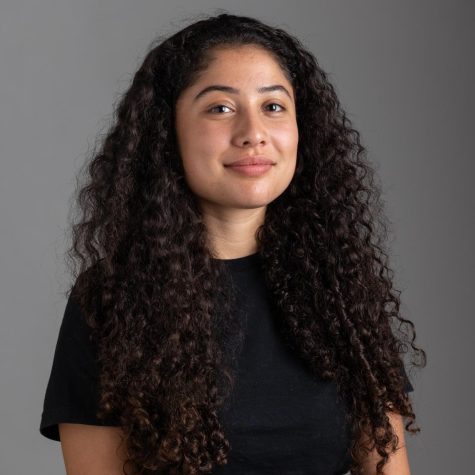SF State’s substance use team hosted an interactive workshop on Tuesday to teach SF State students how to make “SMART” decisions.
“SMART” stands for specific, measurable, achievable, relevant and time-bound goals.
“Specific is something that is simple, sensible and significant. Something that is measurable is meaningful and motivating,” said Abell Selby, peer health educator of alcohol and drugs who lead the workshop.. Achievable or action oriented that’s agreed and attainable. Relevant, that’s reasonable and realistic. And time bound is time limited, timely and time sensitive.”
The interactive workshop focused on implementing healthy behaviors into college life. Approximately, twenty one students were in attendance.
The Health Promotion & Wellness Center at SF State sponsored the event, which is located across the street from the Mashouf Center.
This mission of the Health Promotion and Wellness Center is to prioritize the health and well being of students as well as to build a culture committed to equity and social justice.
Elizabeth Nunez Gandara, SF State’s Substance Use Education Coordinator, said that the college environment can have a large influence on students and how they get involved with substance use.
Gandara said some of the reasons students drink include the availability of alcohol, increased social pressure to drink, and coping with stress. Substance use becomes an issue when it starts to impact the personal relationships of a student, their academic goals or their obligations.
She added that many students don’t speak up about their substance use or ask for help due to fear of being judged.
“They may not seek help for fear of being labeled. Substance use education does not exist in the K-12 setting and oftentimes happens in social settings or internet searches,” Gandara said.
During the workshop, students were put into break out rooms, where they worked together to create their SMART goals. In addition to substance abuse, they also discussed ways to improve their general health, such as improving sleep patterns and exercising more.
At the end of the meeting Selby provided more health resources for SF State students such as Counseling and Psychological Services.
“When students identify that they need support, we refer out to our Alcohol and Drug Counselor at Counseling and Psychological Services who can help the student identify if they have a problem with a substance and refer to treatment or support services off-campus,” Gandara said. “We also have a volunteer-run AA group that hosts meetings to support students working towards sobriety.”








